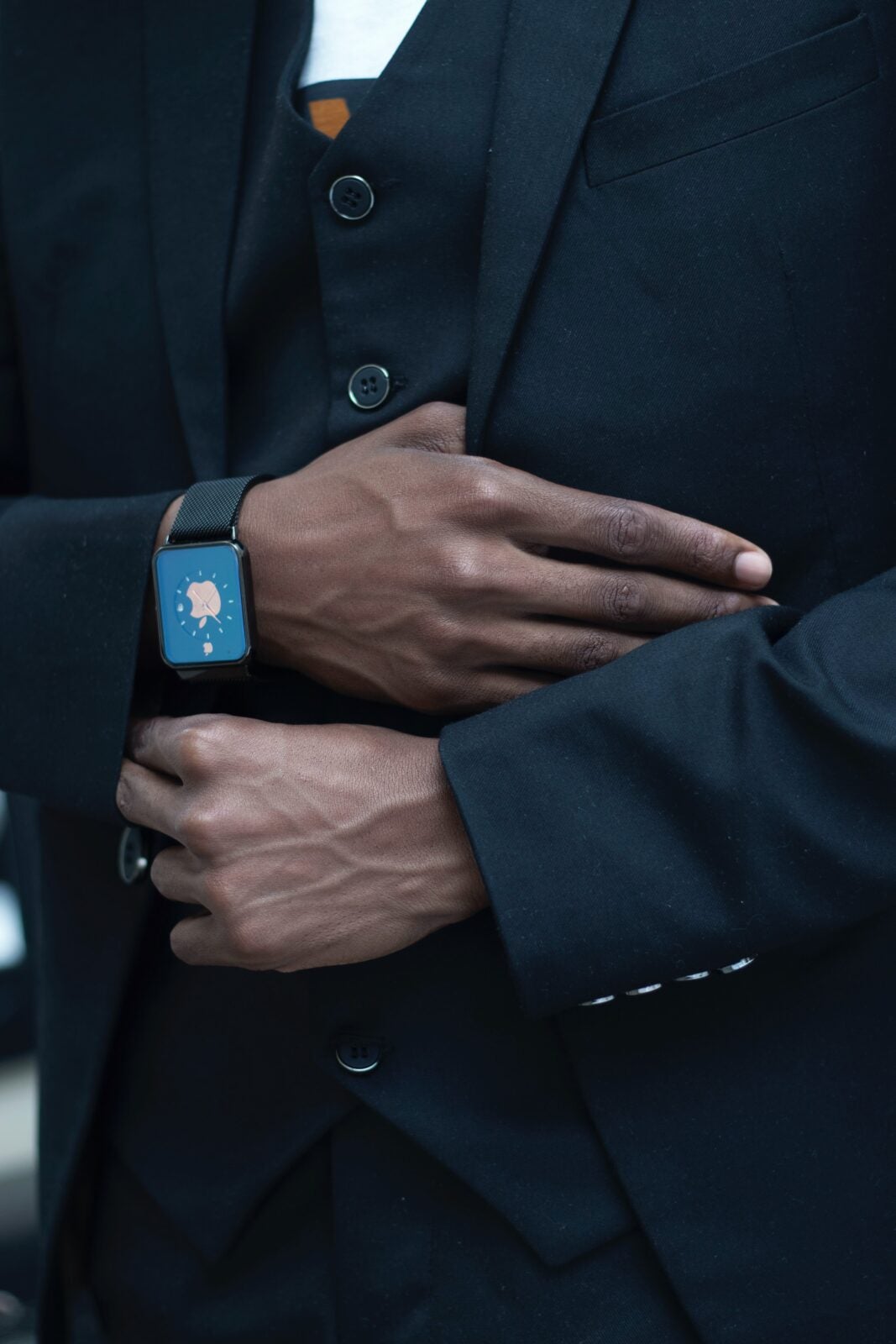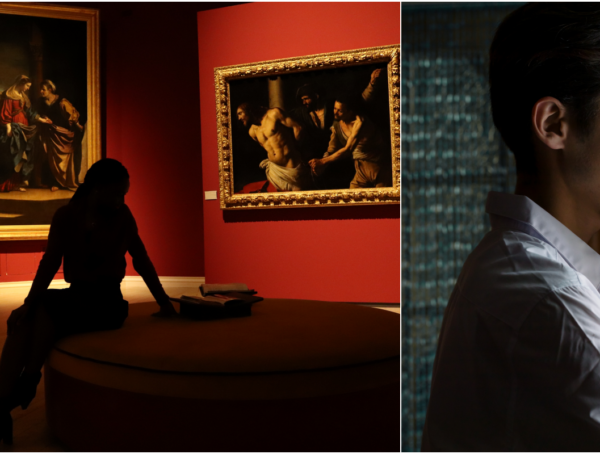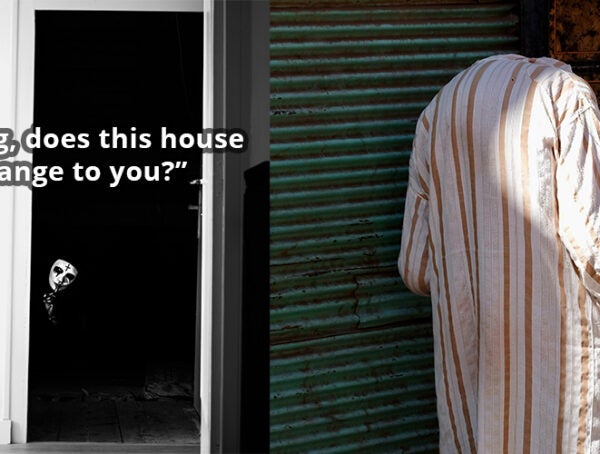Disclaimer: In Real Life is a platform for everyday people to share their experiences and voices. All articles are personal stories and do not necessarily echo In Real Life’s sentiments.
Malaysia has several tiers of titles that are awarded to citizens (and even non citizens such as Jackie Chan and Shah Rukh Khan) as a form of recognition for their achievements and their contributions to the country.
These titles range from Tan Sri to Dato’.
However, bearers of these titles often misuse their power to be treated as above the law, dodging the consequences of their actions.
In the news recently, a Minister of Parliament expressed concern that titled people were portrayed in a bad light in local TV shows. He said that they were usually depicted as having affairs and dealing in corruption. But are these portrayals far from reality? Or are they just a reflection of what is really happening?

IRL interviewed a few people who are connected with Dato’s and Datuks, here’s what they said:
Madeline’s husband is a Datuk. Because of his advanced age, he undergoes minor cosmetic procedures to maintain a more youthful appearance.
He also constantly has affairs with extremely young women.
She discovered that outside of the mansion they own, he owned property for the sole purpose of having sex with younger women.
Unfortunately, this behaviour isn’t new to her. They’ve been married for a long time, from before he made his fortune and received his title.
He has been having affairs with younger women ever since he was awarded power and privilege.

Datuks themselves are known for using their titles as a “get out of jail free” card.
Miriam is having an affair with a Datuk. During the strict lockdowns, he has taken her out of state to enjoy short holidays while he conducts his business affairs.
“You don’t get stopped at roadblocks?” I asked her.
She shook her head and laughed at the idiocy of my question. “He has a Datuk badge on his car,” she said. He gets waved past the roadblocks. “Why would they stop him?”
Fair enough. Possibly the police themselves are aware that stopping a Datuk would get them hauled up by their superiors as these titled people frequently have connections in higher places.
Miriam also told me that he would organise small parties at pubs and bars where he was known. He’d tell these places to operate past the closing hours implemented by the government SOPs. They would close the shutters and pretend the place was closed so that police cars patrolling the area would believe nothing was out of the ordinary.

She did think that even if the police were to raid the place, that the Datuk would be able to talk his way out of experiencing any consequences.
The privileges of a Datuk car badge cannot be underestimated.
The car badge that indicates the presence of a titled person is only a material manifestation of the privileges accompanying the title.
There are illegal businesses that sell them online, along with Datukship titles. They’re pretty expensive, going from RM 80,000 per title.
Apparently the demand for these fake titles and Datukship paraphernalia was motivated by advantages that could be gained in business dealings and recognition, as well as ego.
This only reinforces the perception that titled people do have privileges that ordinary people recognise.
The privileges of Datukship also extend to their friends and family.
Jonathan’s uncle is a Datuk. Once, he was caught at a roadblock. He was intoxicated and he had weed on him.
Before the police could do much, he called his uncle.
His uncle called up someone he knew and Jonathan was allowed to leave the roadblock with the police apologising to him profusely.

Another person, Christian, had attended a party and was driving home afterwards when he got stopped at a roadblock. They took his IC for reasons he could not recall.
Fortunately, at the party, he had made friends with a Datuk or some other titled person. He mentioned the incident in the group chat and the Datuk promised to resolve the issue.
The next day, a few of them from the party gathered at a pub. The police from the night before contacted Christian and apologised to him, saying that they were going to send an officer over with his IC.
Apparently the Datuk knew one of the superiors at the police station and pulled some strings for Christian.
The Datuk title ensures double standards in treatment, but is that fair?
You could say that the privilege of a title confers benefits that contribute to the class divide in Malaysia.
In order to be a Datuk, you have to contribute to the nation in some way, or to achieve something great.
Although many Malaysians have heard the rumour that the title could be within your grasp if you can afford it.
Like with everything else, this is made easier by belonging to the higher socio-economic classes. Even if being upper-middle class doesn’t help you achieve a Datukship, it will help you by allowing you to rub shoulders with those who are titled.
Sometimes it’s who you are, and other times it’s who you know.
For more stories like this, read: My Baby Died After PDRM Did Not Allow Us To Visit Our Klinik in Time During The EMCO.
You might also like
More from Real People
‘A RM100 fee cost a company 5 years of revenue’ shares M’sian
This story is about a Malaysian who learned that bureaucracy can be defeated simply by not arguing with it.A billing …
‘I quiet-quit, upskilled, and tripled my salary,’ shares M’sian engineer
This story is about a Malaysian who learned that loyalty without leverage leads nowhere in the corporate world.After years of …
‘I did everything right, and it still wasn’t enough’ shares M’sian graduate
This story is about a Malaysian graduate navigating big dreams in a job market where a degree no longer guarantees …


















